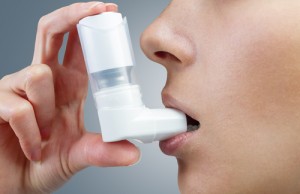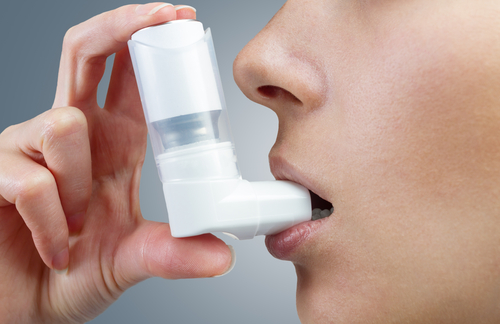 Pfizer has announced that it has launched Novartis’ Ultibro® Breezhaler® in the UK to treat Chronic Obstructive Pulmonary Disease (COPD) at the winter meeting of the British Thoracic Society (BTS), as December is a particularly dangerous month for COPD patients due to the cold weather that increases risk of exacerbation.
Pfizer has announced that it has launched Novartis’ Ultibro® Breezhaler® in the UK to treat Chronic Obstructive Pulmonary Disease (COPD) at the winter meeting of the British Thoracic Society (BTS), as December is a particularly dangerous month for COPD patients due to the cold weather that increases risk of exacerbation.
COPD is the fifth leading cause of death in the United Kingdom, causing more deaths than prostate, bowel or breast cancer. It is estimated that about 3.7 million people live with the disease in the UK.
Pfizer and Novartis signed an exclusive UK promotional contract the Ultibro® Breezhaler® in late September, making the therapy available in the UK as an innovative once-daily dual bronchodilator. The therapy is expected to offer much-needed therapeutic support for COPD patients across the UK.
Data reports that Ultibro® Breezhaler® (indacaterol/glycopyrronium bromide) significantly improves the lung function of COPD patients compared to other standard treatments. Furthermore, patients reported improvements regarding breathlessness and the use of rescue medication “compared to open-label tiotropium 18 mcg and compared to salmeterol/fluticasone, in patients with no history of moderate or severe exacerbations over the last year,” as noted in a company press release.
[adrotate group=”3″]
Wisia Wedzicha, Professor of Respiratory Medicine and a leading expert in research regarding COPD commented: “The impact of exacerbations on patients, particularly during the cold winter months, is profound and has a real impact on their quality of life. COPD already places a considerable burden on the National Health Service and admission rates are on the rise, so the availability of an additional treatment that improves outcomes for patients can make a very positive difference in our efforts to manage the condition.”
Estimates suggest that the National Health Service (NHS) is spending almost £500 million per year to provide care for those suffering with COPD; about half of these expenses are due to hospital care. COPD is the second most frequent reason for emergency hospital admissions and is one of the most costly diseases.

